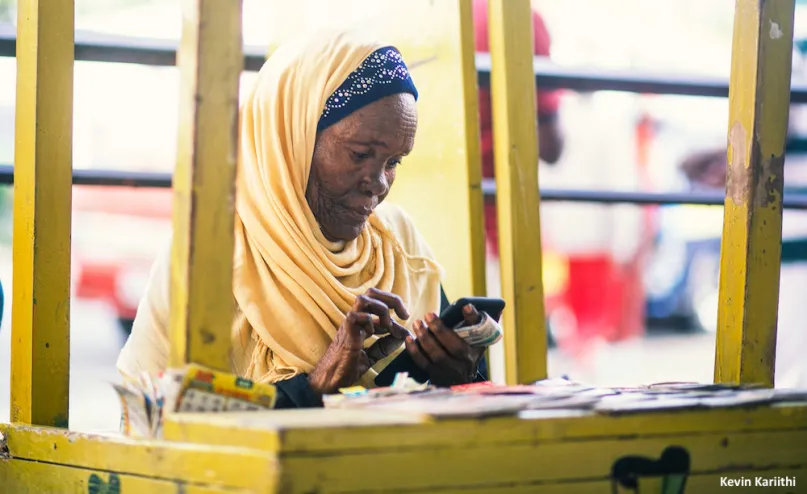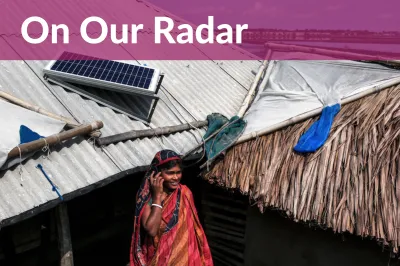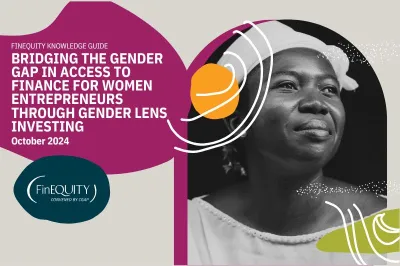Unlocking Women’s Potential Through Financial Inclusion in Africa

Despite significant progress made in financial inclusion, many women in Africa still face barriers to accessing formal financial services. According to a report by the IMF, only 37% of women in Sub-Saharan Africa have access to bank accounts, compared to 48% of men. The gender gap further widens in North Africa to 18% – the largest in the world.
Women face a myriad of challenges in accessing financial services across the region. Among these are a lack of women-focused financial products, difficulty in accessing credit, inadequate financial education, and limiting cultural and societal norms. The gap between men and women in financial inclusion has large implications for the economic empowerment of women, which is essential for achieving sustainable economic growth and reducing poverty across Africa.
On March 30, 2023, FinEquity Africa held its first in-person social event in Nairobi with industry leaders from across the financial services space. The event facilitated discussion on ways of bridging the current gap in financial inclusion for African women.
During the convening, Caroline Armstrong-Ogwapit, Chairperson of New Faces New Voices Kenya, underscored the importance of collaboration in bridging the financial inclusion gap for women. She emphasized that there is a need for concerted efforts by governments, financial institutions, and non-governmental organizations, saying that “financial inclusion stakeholders need to work together to create a more inclusive financial system that benefits everyone, regardless of gender or social status.”
Achieving this aim requires women to be adequately represented in leadership positions within the sector. With this in mind, Graça Machel Trust has launched initiatives to advance women’s leadership in financial services.
Jane Mbinya from Graça Machel Trust shared how their Women in Finance Network champions women’s access to finance and women’s representation in leadership roles within the financial services sector. The goal of the network is to influence the flow of capital and access to financial services for women by creating systemic change within financial systems.
The event brought together nearly 80 people to discuss the challenges faced by African women in accessing financial opportunities and possible avenues to advance financial inclusion. Through roundtable discussions moderated by the FSD Network, including Sophie Mills, and Graça Machel Trust, several key opportunities emerged to collectively advance women’s financial inclusion across the continent:
- There is a need to explore the impact of financial inclusion on women’s resilience and to refine indicators to measure women’s economic empowerment through financial inclusion.
- Women-led MSMEs and women in rural settings and agricultural livelihoods are key sub-segments of women that many stakeholders believe should be prioritized to advance women’s financial inclusion.
- There is a pressing need to focus on digitization of livelihoods to shape opportunities for women's financial inclusion in Africa and to look at climate change effects on women-led MSMEs, especially in the agriculture sector.
- Gender-lens investing and the collection and use of sex-disaggregated data are seen as the main levers and incentives to advance women’s financial inclusion in Africa.
Collaboration between stakeholders in these priority areas will be imperative to closing the financial inclusion gap for African women, which is critical for achieving sustainable economic growth. By leveraging partnerships, promoting policy reforms, and investing in gender-responsive financial products and services, a more equitable and prosperous Africa can be built for all. Women are an untapped resource in the African economy, and financial inclusion is the key to unlocking their potential.


